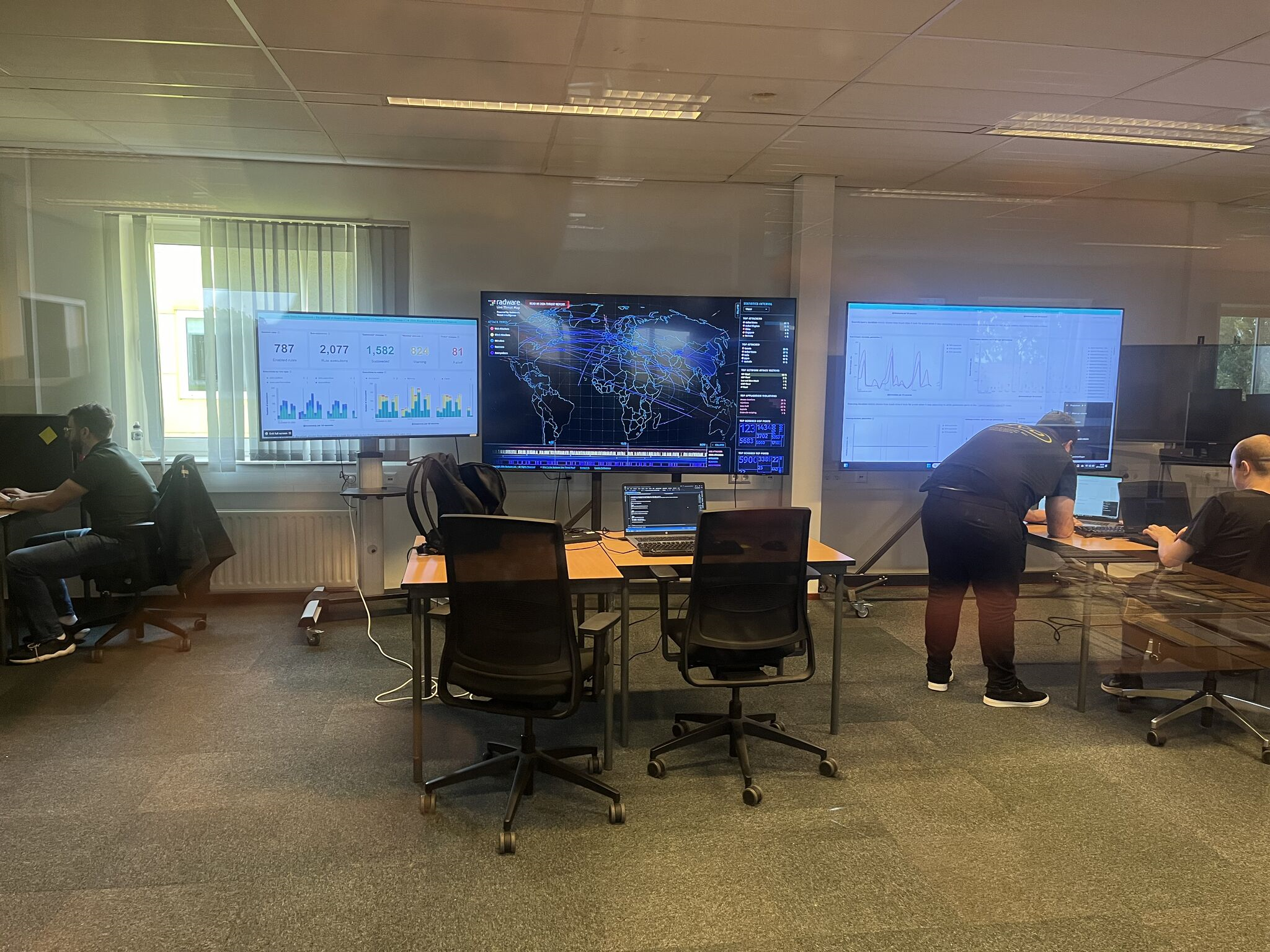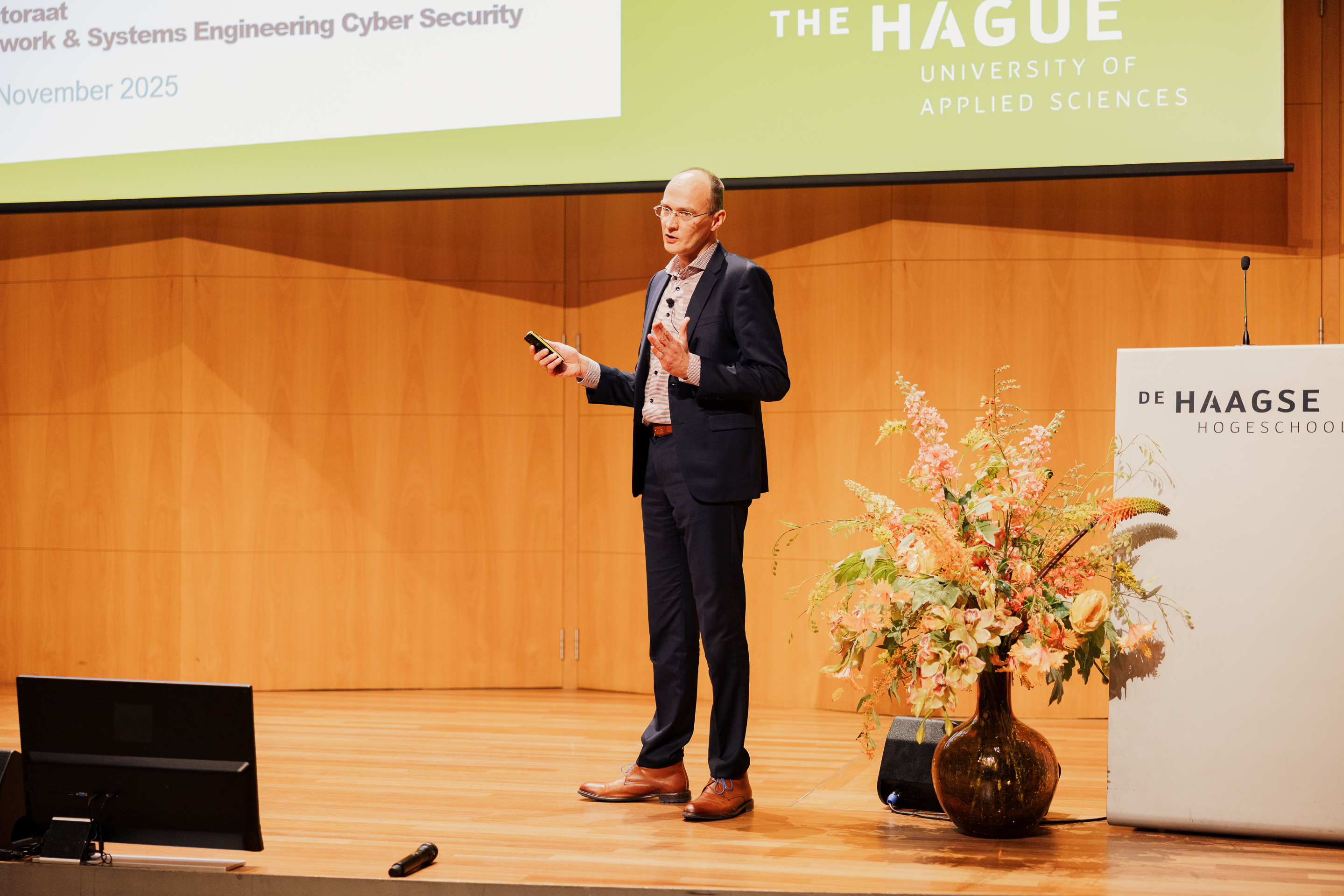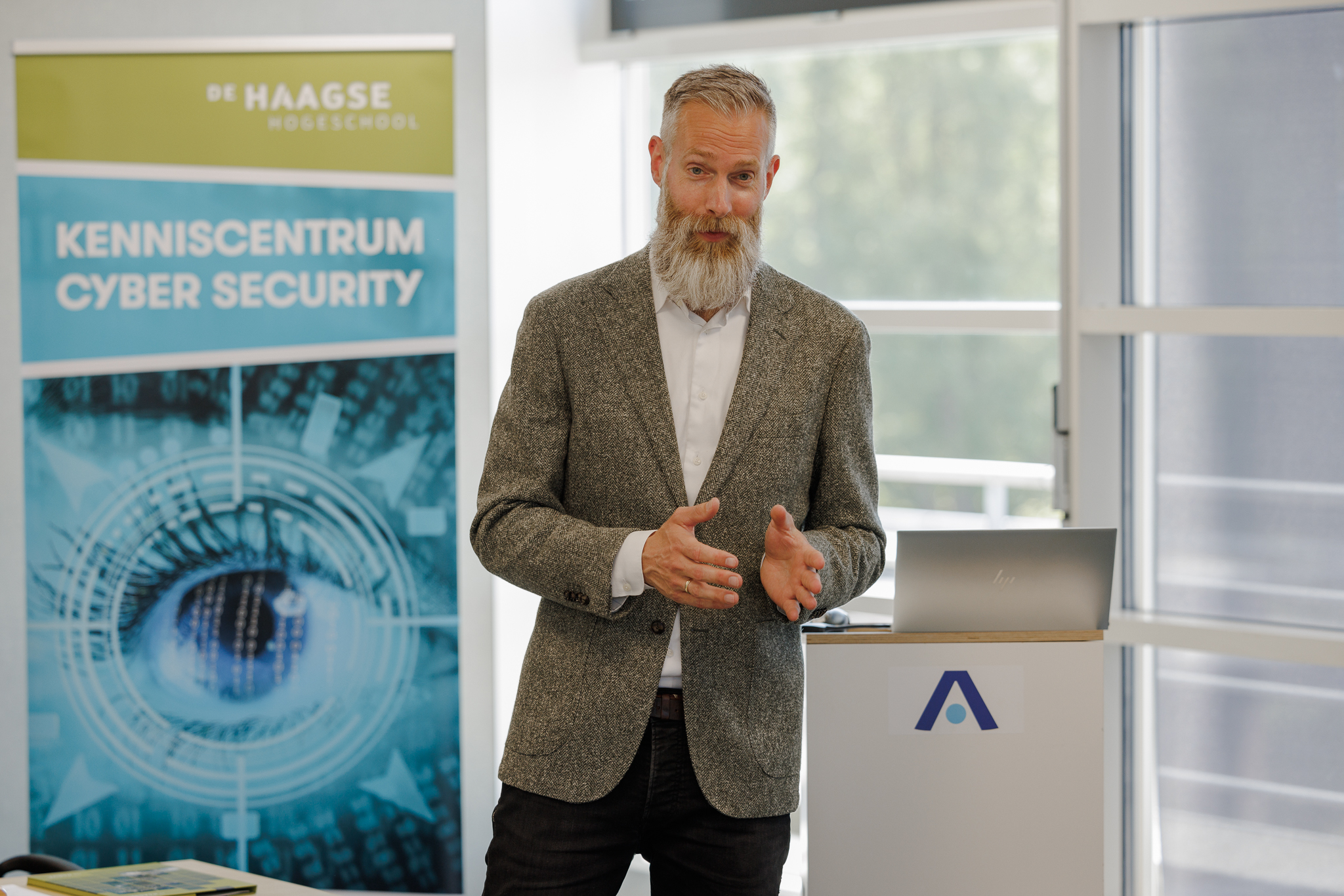About the Centre of Expertise
The mission of the Centre of Expertise Cyber Security is to strengthen the cyber resilience of public and private organisations that are themselves less equipped to deal with cyber threats. Cyber resilience represents the ability of organisations to recognise cyber threats and respond to them appropriately. The focus on cyber resilience stems from the observation that organisations will all have to deal with cyber incidents sooner or later and therefore need to focus not only on preventive measures, but also, for example, on detection and response.
In order to gain a better understanding of how to realise cyber resilience, our research focuses on three sub-areas:
- People: which behavioural and attitudinal aspects influence cyber resilience and how can organisations improve these aspects for cyber resilience?
- Organisation: which organisational aspects influence cyber resilience and how can organisations improve these aspects for cyber resilience?
- Technology: which technical aspects influence cyber resilience and how can organisations improve these aspects for cyber resilience?
Since its establishment in 2015, the Centre of Expertise Cyber Security has grown rapidly, and a great deal of practice-oriented research has been completed. We remain committed to sustaining previous successes and creating synergies between practice-oriented research, education and professional practice.











